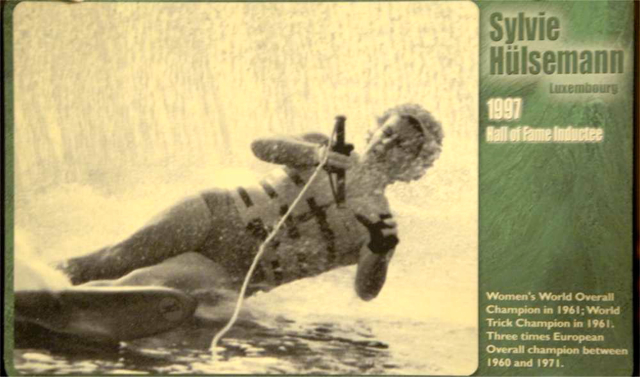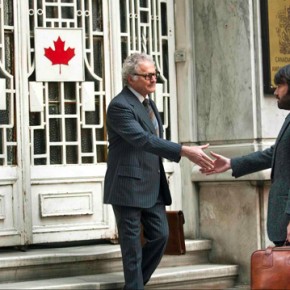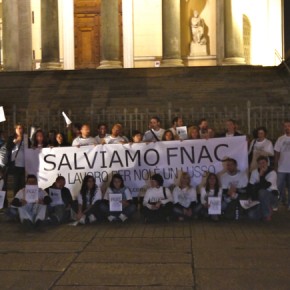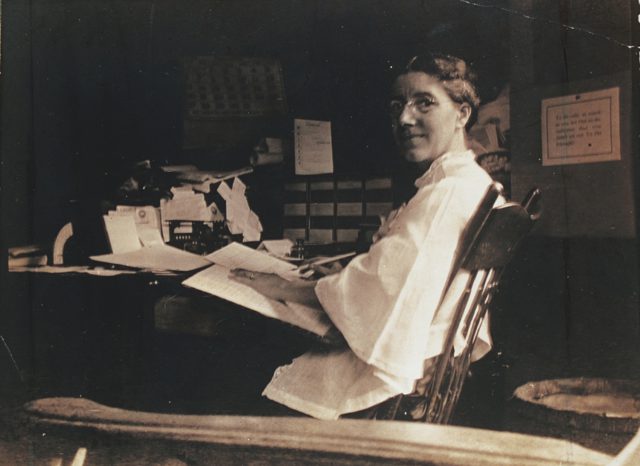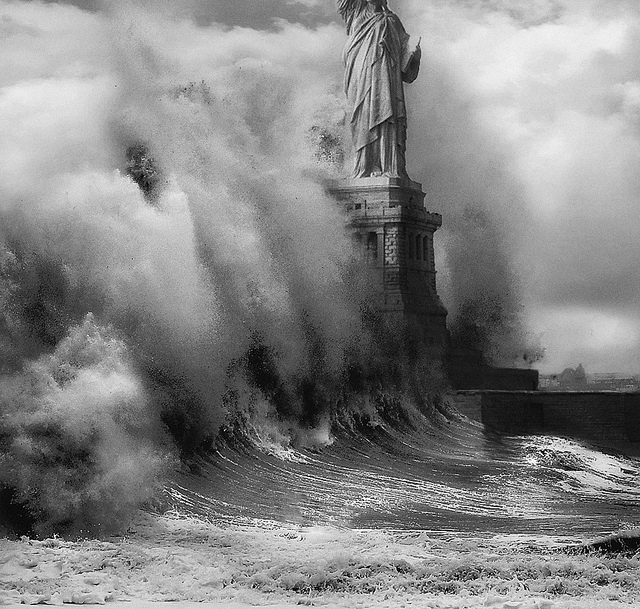Souciant contributor Keith Kahn-Harris’s The Best Water Skier in Luxembourg is part of a “crowdfunding” model of book publishing by the U.K.-based Unbound. Through Unbound, readers decide which book projects they want to see completed by financially backing it chapter-by-chapter. The first chapter, in which Kahn-Harris sets out to find the title topic of the best waterskier in Luxembourg, is fully funded.
However, subsequent chapters on other big fish in small ponds, such as the top novelist in Surinam, still need support. That means that, if Kahn-Harris’s project doesn’t receive adequate financing for the next chapter, it would stop. That would be a shame, given the need for a sociologist such as himself to explore examples and aspects of the “big fish in a small pond” concept.
As a phrase, “big fish in a small pond” is charged with both positive and negative connotations. Referring to oneself in that manner can be a form of modesty. As Kahn-Harris writes, whenever he would compare his standing as a researcher of relatively obscure topics to being “biggish fish in a small pond,” he was “taking pride in [his] achievements while admitting that, in the ultimate scheme of things, they were fairly inconsequential.” However, depending on the context, telling someone else that he or she is a big fish in a small pond can be a backhanded compliment. It acknowledges someone’s successes while simultaneously trivializing them. In other words, it’s telling someone, “You are important/successful here, but …” The emphasis is on the “but,” with the message that the person’s achievements aren’t notable on a larger scale, in a larger “pond.”
Of course, there’s some truth to the belief that it’s easier to appear a big fish in a small pond than in a large pond. Being number one out of five is undeniably different from being number one out of 500. The waterskiers and wakeboarders whom Kahn-Harris interviews in Luxembourg readily admit to that point. As wakeboarder Andy Lamesch says in the book, “I tell people in other countries that I’ve been Luxembourg champion and they’ll say ‘wow, you’re a champion of your own country.” Then they go on and beat me! ” Likewise, Chris Hilbert, vice-president of the Luxembourg Water Ski and Wakeboard Federation, says that the best wakeboarders in Luxembourg currently aren’t on the same level to compete with riders from big countries.
However, the problem is when people, usually in big ponds, call others “big fish in a small pond” implying that, if they were to go to a larger pond, they somehow wouldn’t measure up. It’s the cliché storyline in popular film and television, which speaks to the belief’s pervasiveness in our culture: It’s Miss Nebraska who goes to the big city with big dreams of being a model or actress and can’t make it. It’s the minor league baseball player who can’t cut it in the big league. This implication is in reality disdain for provincialism and serves to keep people in their place, setting up a system in which the achievements of big fish in small ponds are marginalized in order to keep them in their small ponds.

In The Best Water Skier in Luxembourg, Kahn-Harris questions if that big-pond ideology may be responsible for the apparent controversy surrounding Luxembourg water skier Sylvie Hülsemann winning the 1961 World Championships. The father of the American defending champion, whom Hülsemann beat, challenged the win, leading Kahn-Harris to ask, “Was it a case of a proud father’s sour grapes? Or maybe outrage and incredulity that the mighty US had been bested by little Luxembourg?” Due to the participants’ silence, even decades later, the answer to that question is unknown.
As a fish from a small pond (Tucson, Arizona) who now lives in one of the world’s biggest ponds (New York City), the small-versus-big pond concept particularly rings true for me. The big fish in small ponds don’t necessarily receive accolades on as large a scale as those in bigger ponds, but that doesn’t mean that they’re not as worthy. It’s that point that Kahn-Harris drives home, which is why The Best Waterskier in Luxembourg is such an important read. He writes:
These people aren’t heroes despite being water skiers from Luxembourg, they are heroes because they are water skiers from Luxembourg. Being a dedicated waterskier or wakeboarder there means battling the limitations of the scene. No one is likely to become famous or to earn money from the sport, and there is none of the infrastructure and support that you find in larger countries.
He hits the nail right on the head. In my experience as a journalist, the people I’ve interviewed who stay in my mind as heroes the most are the everyday people I met as a community news reporter in Tucson: The people that were working, often volunteering, to better their neighborhoods or larger communities. They may not have been big fish in big ponds – most weren’t even big fish in the small pond of Tucson – but that doesn’t make them any less dedicated or any less important.
However, the sad truth is that most small ponds are also unnoticed ponds. It’s for that reason that I hope that the rest of Kahn-Harris’s book is funded and is able to see the light of day. Just as he uncovered the heroes and nuances of the small water ski and wakeboard community in Luxembourg, there are many more small ponds left to be explored.
Photographs courtesy of the International Water Ski Federation and Pirateheart. Published under a Creative Commons license.
